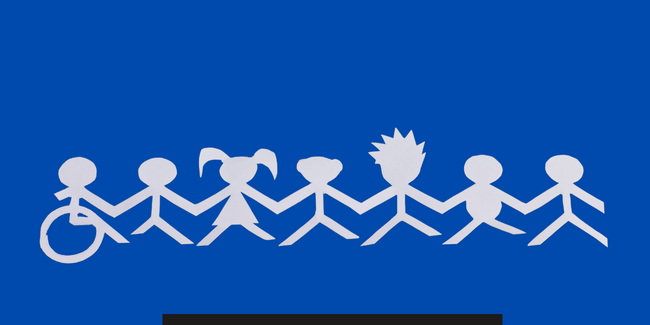Presenter: Ashwathi Soman (LLB Honours)
Ashwathi is a lawyer, posture care service-user, motivational speaker and brand ambassador for a charity that gives children with restrictive mobility specialised wheelchairs to maximise their posture, functional mobility as well as independence.
She received the Brunel Law School award for best contribution to promoting diversity and inclusion.
What you'll get:
-
Access to the recording for the duration of your membership
-
An opportunity to challenge your thinking and be more aware of bias and barriers that might restrict optimising service user outcomes.
Learning objectives:
-
To be able to understand how to overcome information symmetry between the healthcare provider and the client to optimise postural management.
-
To be able to understand how posture care management can be instituted without too much complexity, considering reliance on personnel.
-
To be able to understand fundamental notions or neo-liberalism in healthcare and to make wheelchair users more empowered.
-
To be able to understand client autonomy is consequential but the care provider's paternalism is important to strike the balance to avoid possible complexity.
Purchases are non-refundable and cover an administration fee - thank you for your understanding and support.
